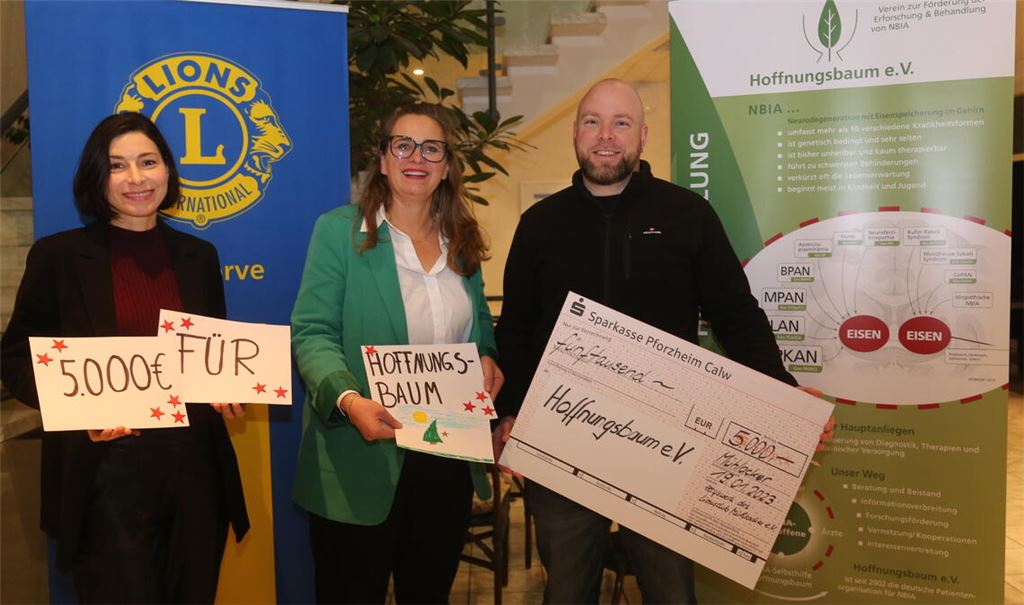Update on the CoA-Z clinical trial
Update on the CoA-Z clinical trial
Over the past few months, the OHSU CoA-Z study team has shared initial study results with all participants in the CoA-Z study and their families, as well as with the broader NBIA community of families, friends, clinical providers, and supporters. The following is a translation of a message from Penny Hogarth and the OHSU CoA-Z study team from NBIAcure's November newsletter: https://nbiacure.org/wp-content/uploads/2023/11/NBIAcure-Newsletter-November-2023.pdf
We had already recognized (from previous studies in PKAN mice and human samples) that 4′-phosphopanthezine ("CoA-Z") circumvents the genetic "roadblock" in vitamin B5 metabolism in PKAN. This suggests that CoA-Z will alter the progression of the disease over time. However, measuring a true change in disease progression in PKAN (or another neurological disorder) typically takes many years, so the general goals of the clinical trial were limited to finding out whether CoA-Z causes health problems or side effects, and whether it alters a certain blood level that we consider to be a good biomarker of the disease. It's important to remember that the clinical trial wasn't designed to measure a change in PKAN symptoms, at least not in a way that we were able to measure in the study.
So far, our work has focused on analyzing the data of each participant from the first six months of the study. This was the "double-blind" phase, where participants were randomly assigned to receive either a placebo or one of three different CoA-Z doses, without us knowing which group a participant belonged to. This is the best way for us to determine if the differences we are seeing are due to CoA-Z itself or if it is just a coincidence. Some of the overall results of the project are very encouraging for us:
So far, we have not seen any major health problems or side effects of CoA-Z during the study.
Perhaps most encouragingly, we are seeing a pattern in the biomarker results that strongly suggests that CoA-Z alters an important biological measure of the disease, just as we predicted. And we found that this response was dose-dependent, meaning higher doses tended to lead to a greater change in the biomarker.
In some ways, the biomarker results are the most important, because they confirm that CoA-Z acts on the central vitamin B5 processing problem in PKAN, just as we predicted. These results give us real hope that the compound will slow the progression of PKAN, although we have yet to figure out what dose is best and how early in life treatment should be started.
At the NBIA Family Meeting in May and in our follow-up communications to participants in the CoA-Z study, we mentioned the possibility of conducting one or more short follow-up studies with CoA-Z to complement our clinical trial data. After further data analysis and consideration, we have concluded that our current data is strong enough to be submitted to the FDA without additional clinical trials. If the FDA agrees, this will be the fastest path to the approvals we need to make the drug available to the PKAN community on a larger scale.
So we're leaving aside any plans for follow-up studies for now and instead focusing entirely on compiling our data that we want to submit to the FDA. That's a tall order, because it's not just about the data from the CoA-Z clinical trial, but also about all the background work that goes back to 2015: more than 500 pages! We don't have the resources to make CoA-Z more accessible before FDA approval, and so we think this is the best way to make it widely available to the PKAN community.
We know that everyone feels the urgency to make CoA-Z available. We feel it too. We also know that the community is very interested in our progress, and we will continue to keep you informed. We are pleased to have reached this point and are very grateful to the PKAN community and all of our supporters for their contributions to the CoA-Z study so far.
Translation of a message from Penny Hogarth and the OHSU CoA-Z study team, IRB Study 18782 from NBIAcure's November newsletter:
https://nbiacure.org/wp-content/uploads/2023/11/NBIAcure-Newsletter-November-2023.pdf



